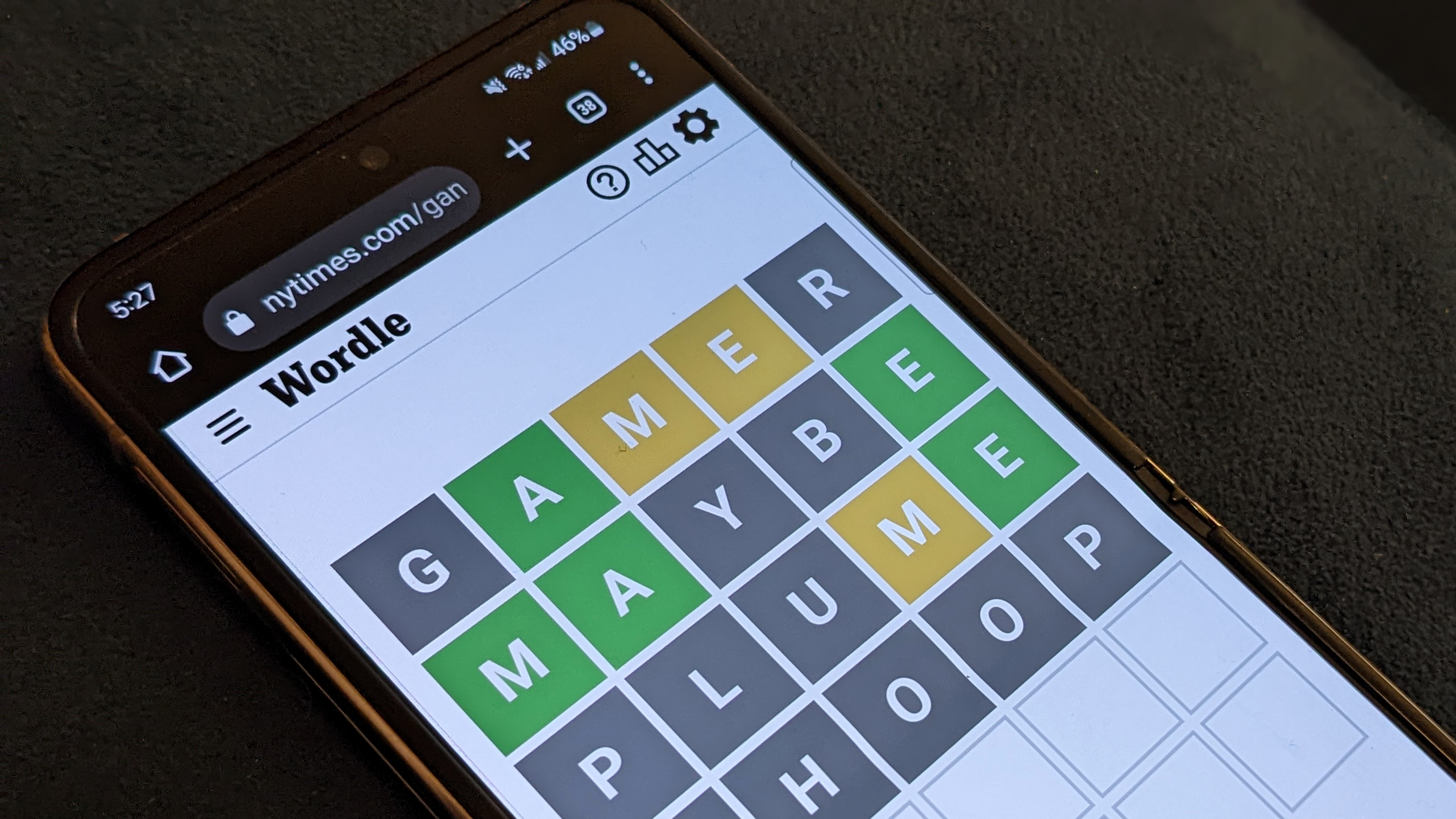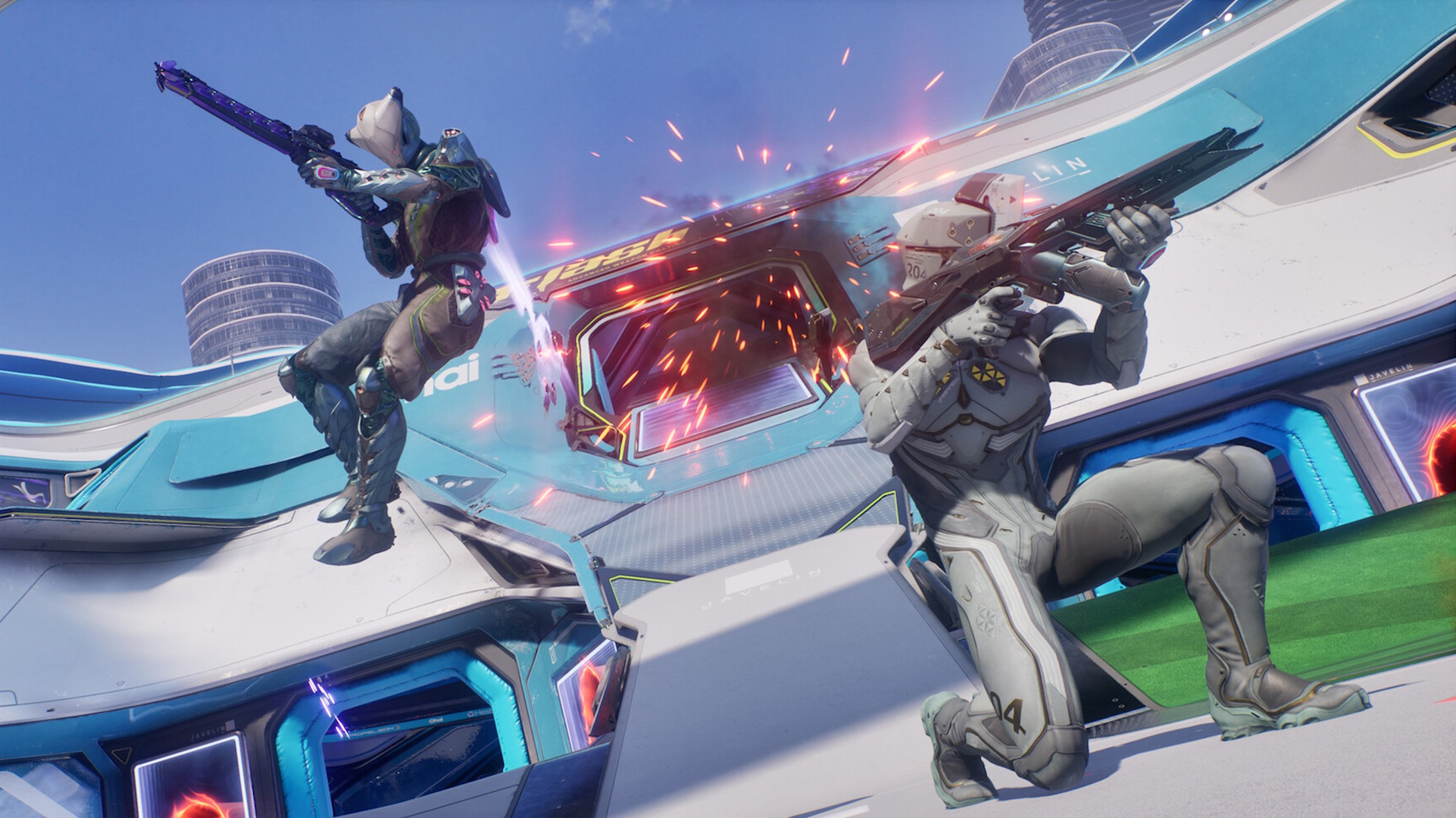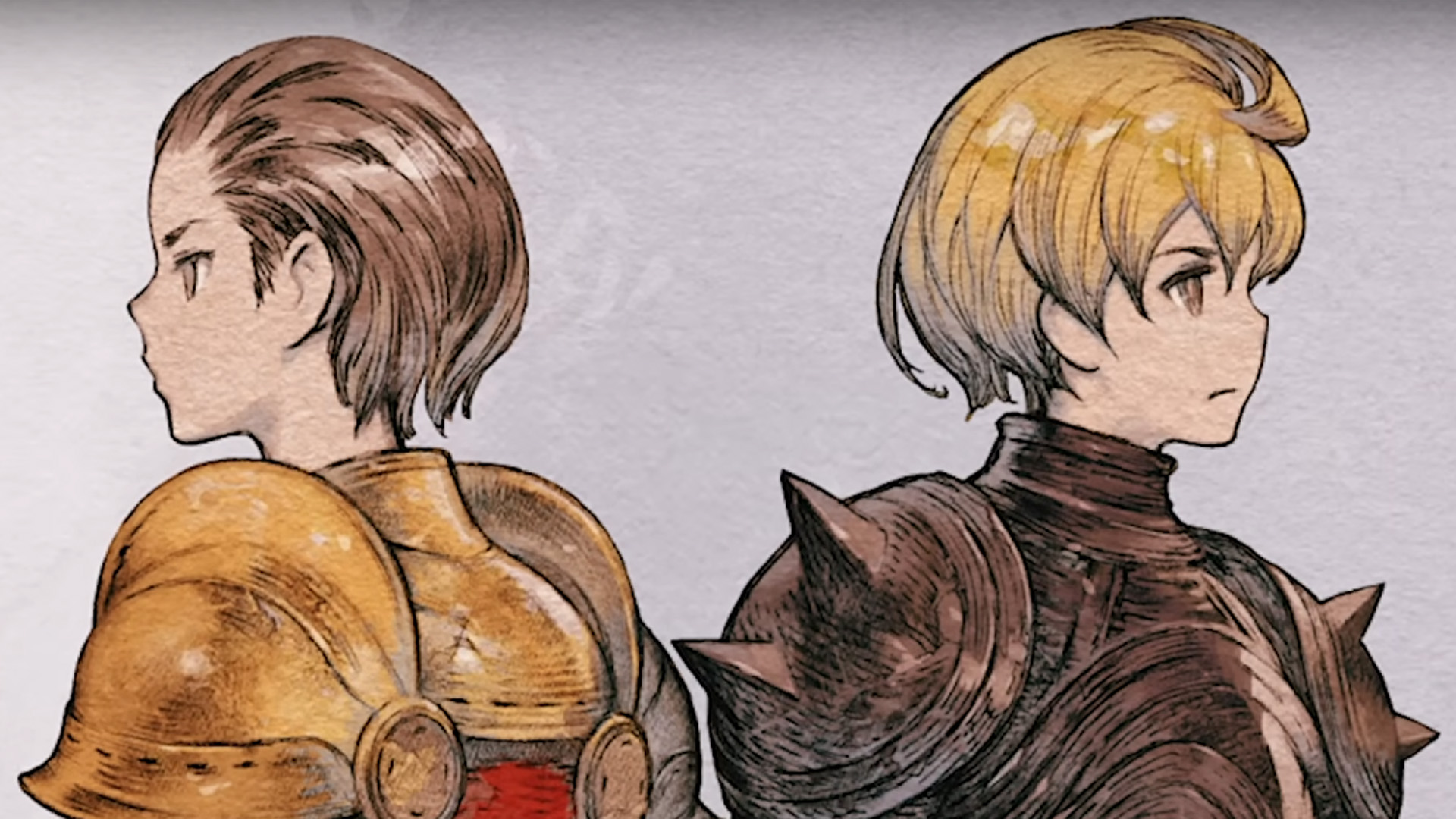
Kellin Pelrine exploited a vulnerability in his opponent's training to win all but one of their games together.
Humanity’s win/loss ratio against the robots crept infinitesimally upwards recently, as a human player managed to snaffle a win against an AI in Go, considered by some to be the most complex board game ever devised (there are more possible games of Go than there are atoms in the observable universe). As reported by the Financial Times, a highly-ranked amateur Go player named Kellin Pelrine managed to outperform the KataGo AI in 14 of 15 games played together.
Now, to be fair, Pelrine had a bit of help. A research company called FAR AI came up with its own program to investigate KataGo’s weaknesses. FAR AI’s system played over a million games against KataGo, allowing it to come up with a plan of attack that a human player could plausibly execute, which got handed off to Pelrine. So, you know, I guess we don’t stand a chance against the machine ourselves, but if we can closely obey their orders we might at least be well cared for.
Pelrine said that the plan of attack that FAR AI’s program devised was “not completely trivial” but nevertheless wasn’t “super-difficult” for a human player to learn. It worked like this: Pelrine gradually created a big ring of stones (the black and white pieces with which Go is played) to encircle his enemy’s pieces, but made moves in the corners of the board in order to distract the AI. KataGo didn’t notice the trick even when Pelrine’s ring of stones was nearly complete. Pelrine used the same technique to beat Leela Zero, another game-playing AI system.
Humanity can be a bit smug that, to any human player, Pelrine’s manoeuvre would have been “easy to spot,” according to the man himself.
So we’ve won 14 games out of, well, probably several thousand at this point, but every comeback has to start somewhere. As the FT noted, Pelrine’s victory comes seven years after the Google-owned AlphaGo AI defeated Go world champion Lee Sedol in four out of five games, a loss that eventually led to Sedol’s retirement. Pelrine hasn’t played against AlphaGo, but KataGo’s AI is considered to be “on par” with it.
So no matter how unsurpassable they might seem, AI systems are still limited by their training and are still capable of mistakes that seem foolish to human onlookers, even in areas—like board games—where the talents of AI seem a natural fit. I’m going to go ahead and guess that KataGo’s developers have already rectified whatever oversight it was that let it fall prey to FAR AI and Pelrine’s tactics, but I bet there’s still a few left to iron out.



